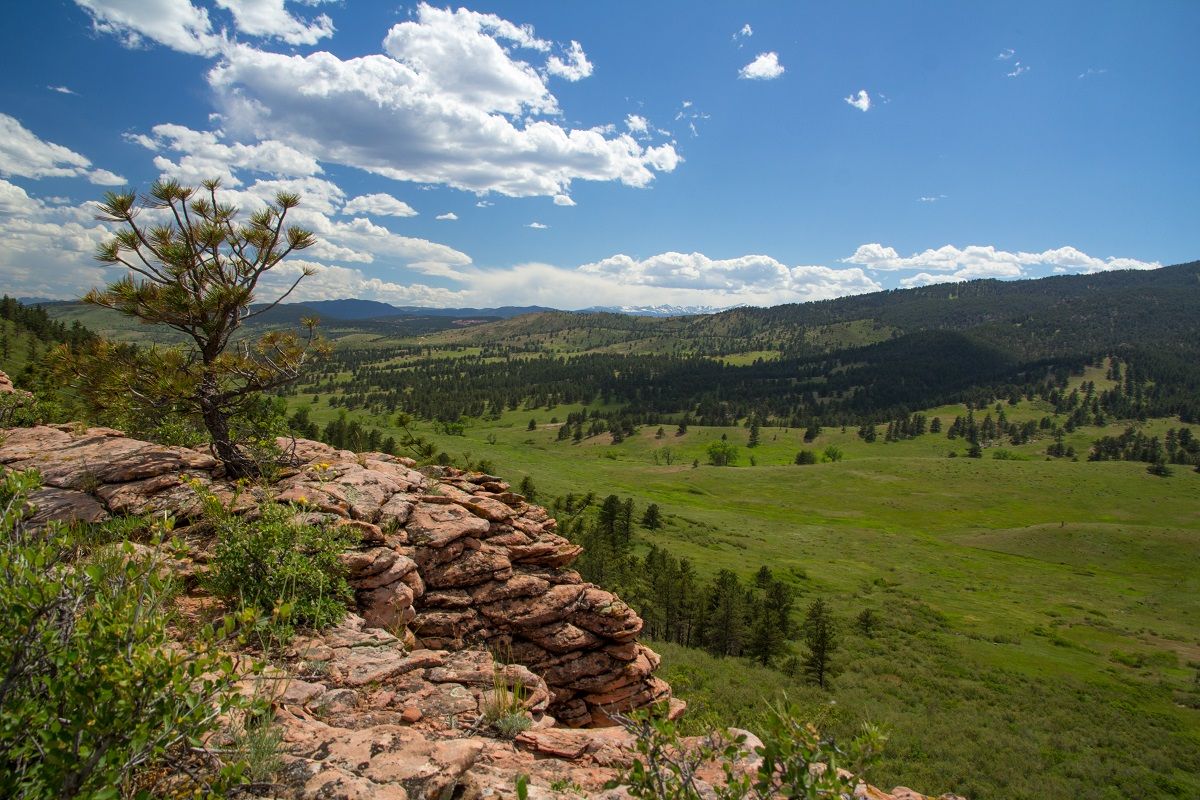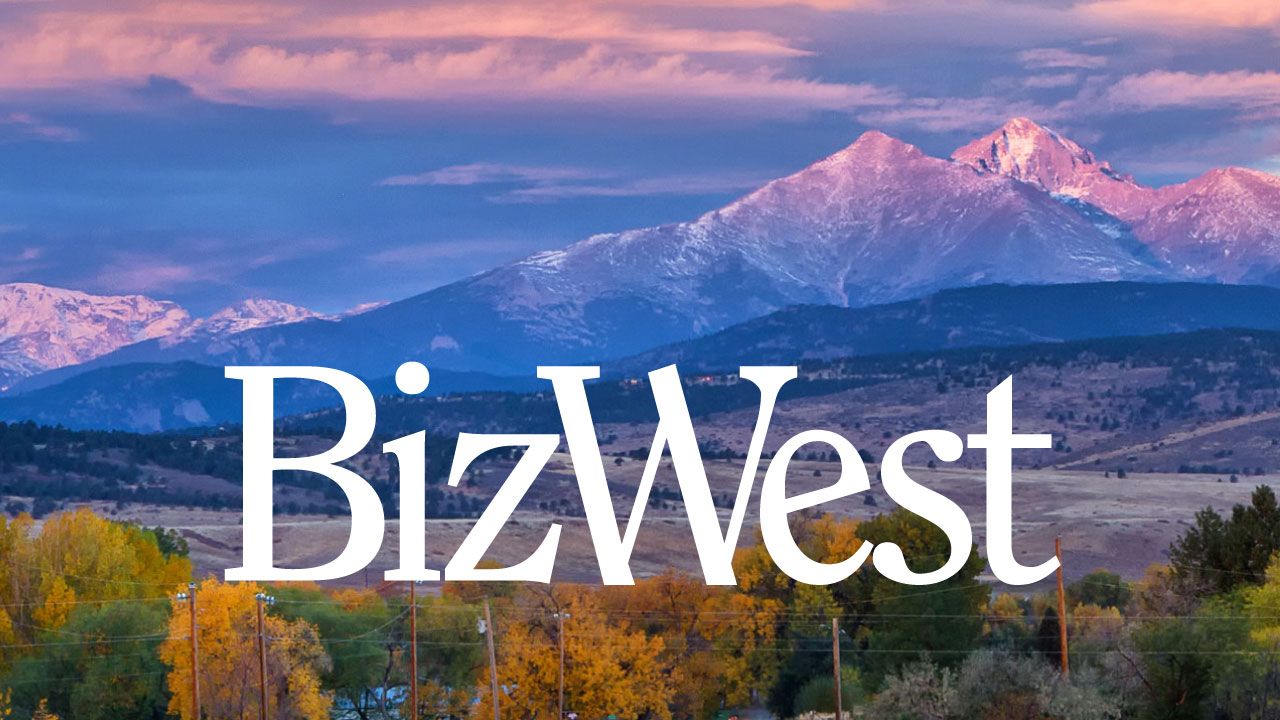COGCC moves toward widening public input for new wells
DENVER — The state’s top oil and gas regulators have begun efforts to expand the range of people and groups that can present for or against a drilling or location permit as part of its ongoing revamp of Colorado’s regulatory environment.
In a call with reporters Tuesday, Colorado Oil and Gas Conservation Commission chairman Jeff Robbins said the body’s commissioners were in favor of widely expanding the definition of people and groups who would be considered an “affected person” to the COGCC when it weighs approving or denying a new oil and gas operation.
He said the broader rules under the commission’s “500 series” would apply to every well and location permit sent to the commission, with each getting a public hearing.
Under a proposed three-prong test, people and groups can prove that they are likely to be affected by a drilling or location proposal, a standard that was lauded by environmental and neighborhood advocacy groups.
“Individuals were not really given the opportunities to be involved in the day-to-day; that involvement was very limited,” he said. “… Increasing the definition of who can participate in the new permit hearing is also a very significant change.”
Local permitting agencies are automatically granted standing to present to the COGCC during hearings, including Weld County’s in-house oil and gas department established shortly after the passage of Senate Bill 181 last year.
Robbins also said the commission is working toward tightening standards for drillers to get variances.
The deliberations about the rule changes so far have been made to give commission staff a direction to follow when rewriting policy and won’t take effect until it is voted on in the coming weeks.
In a statement, American Petroleum Institute Colorado executive director Lynn Granger said the oil trade group is largely supportive of the 500 Series rules as drafted and believes the general public should have every chance to participate in public processes.
However, she stressed that the agency should be wary of allowing those who don’t have a direct stake with a permit proposal to speak.
“We think it would be a mistake to permit people who do not have a direct relationship to a proposed drilling plan or other operations to raise issues that an administrative law judge has no power to affect – it would result in delay and confusion and serve no one’s interests,” she said.
The COGCC and its newly minted five-person group of full-time commissioners began hearing presentations from lawmakers, industry and environmental groups, local governments and other interested parties last week about how to reshape the state’s various oil and gas policies as required under SB 181.
The hearings are now the main battleground between pro and anti-energy production groups in the state after the largest players on each side agreed to withdraw ballot measures proposed for this year’s elections and hold off on introducing new measures until 2022.
DENVER — The state’s top oil and gas regulators have begun efforts to expand the range of people and groups that can present for or against a drilling or location permit as part of its ongoing revamp of Colorado’s regulatory environment.
In a call with reporters Tuesday, Colorado Oil and Gas Conservation Commission chairman Jeff Robbins said the body’s commissioners were in favor of widely expanding the definition of people and groups who would be considered an “affected person” to the COGCC when it weighs approving or denying a new oil and gas operation.
He said…
THIS ARTICLE IS FOR SUBSCRIBERS ONLY
Continue reading for less than $3 per week!
Get a month of award-winning local business news, trends and insights
Access award-winning content today!




